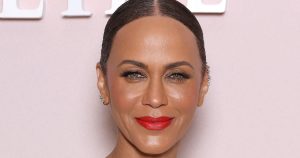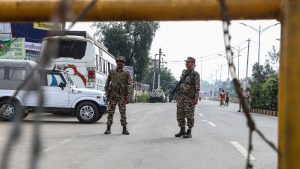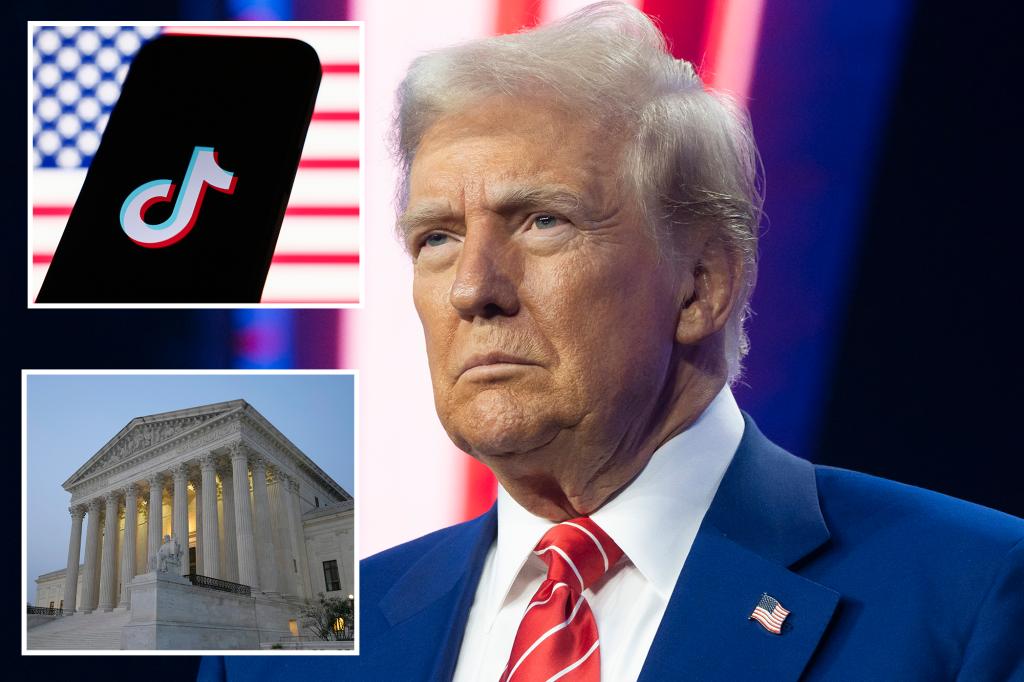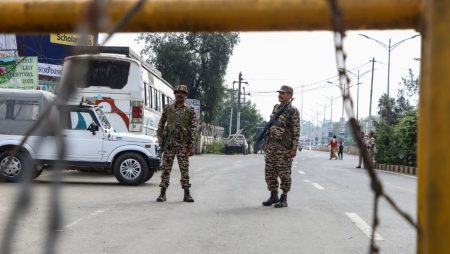The legal battle surrounding the fate of TikTok in the United States has taken a dramatic turn with President-elect Donald Trump’s eleventh-hour intervention. Just days before the Supreme Court is scheduled to hear arguments on a law effectively banning the popular video-sharing app, Trump’s legal team has filed a petition seeking a postponement. This move signals a stark departure from the current administration’s stance and introduces a new layer of complexity to the ongoing saga.
At the heart of Trump’s request is the belief that a ban on TikTok is not the optimal solution, and that a negotiated resolution is achievable through political channels. His lawyer, John Sauer, argues in the petition that President Trump possesses unique qualifications, including “consummate dealmaking expertise,” an “electoral mandate,” and the “political will” to broker a deal that addresses national security concerns without resorting to an outright ban. This argument underscores Trump’s confidence in his ability to navigate complex international negotiations and secure a more favorable outcome for all parties involved.
The petition emphasizes President Trump’s overarching responsibility for national security and foreign policy, positioning him as the best-equipped individual to handle this sensitive matter. By delaying the Supreme Court hearing, Trump seeks the opportunity to explore alternative solutions after he assumes office. This approach suggests a preference for diplomacy and negotiation over outright prohibition, potentially paving the way for a more nuanced approach to regulating the platform.
The context of this legal maneuver is crucial. The impending ban on TikTok stems from a law signed by President Biden earlier this year, mandating that ByteDance, the Chinese parent company of TikTok, divest its US operations or face a complete ban. This legislation was driven by concerns over data security and potential influence by the Chinese government. The Trump administration had also pursued actions against TikTok, but the legal challenges and shifting political landscape have created a complex and evolving situation.
Trump’s intervention presents a significant challenge to the existing legal proceedings and raises important questions about the future of TikTok in the US. By seeking a delay, he effectively asks the Supreme Court to defer to his incoming administration’s authority and expertise in handling this matter. This move reflects a belief that a political solution, rather than a judicial one, is the most appropriate course of action.
The Supreme Court now faces a crucial decision. Whether to grant Trump’s request for a postponement remains to be seen. The court’s decision will have far-reaching implications, not only for the future of TikTok but also for the balance of power between the executive and judicial branches, particularly during presidential transitions. The outcome will also significantly impact the broader debate surrounding data security, national security, and the regulation of international technology companies operating within the US. This case sets the stage for a high-stakes legal and political battle with significant implications for the future of technology, international relations, and the balance of power within the US government. The final resolution will undoubtedly shape the landscape of online platforms and international data security concerns for years to come.










